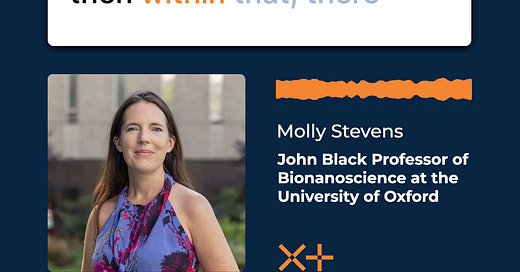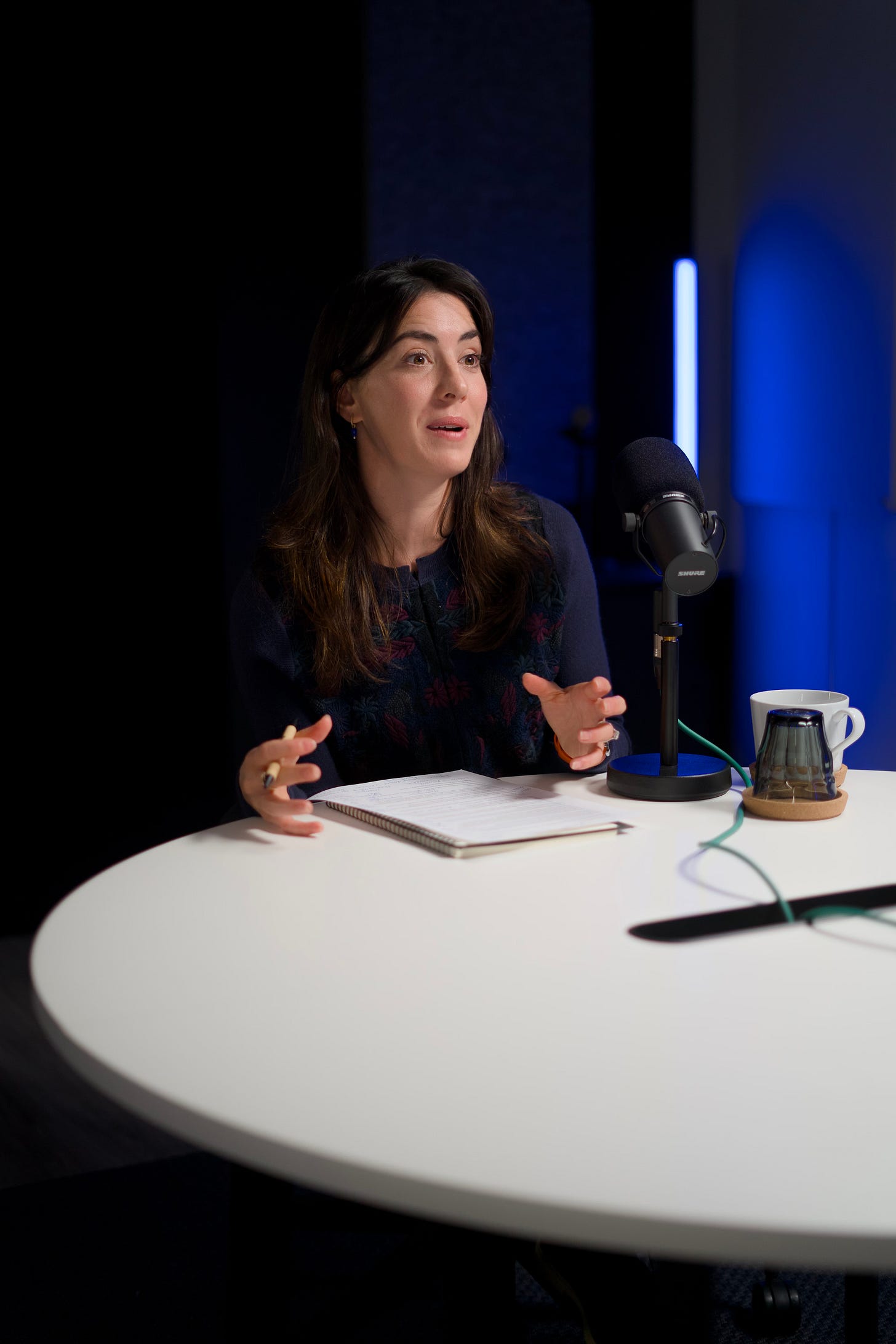Oxford+: Series Two, Episode Ten
Episode Summary:
What happens when cutting-edge nanoscience meets the future of healthcare?
In this episode of Oxford+, host Susannah de Jager sits down with Professor Dame Molly Stevens, a globally recognised leader in bionanoscience, to explore the vast potential of interdisciplinary research in transforming medicine. Having recently moved her 87-person research team from Imperial College London to Oxford, Molly shares her insights on the city's unique ecosystem for scientific advancement, the critical role of translational research, and her journey from academic research to entrepreneurship. This episode is an inspiring deep dive into how science and business intersect to drive medical breakthroughs.
Guest Bios:
Molly Stevens: Professor Dame Molly Stevens is the John Black Professor of Bionanoscience at the University of Oxford and a part-time professor at Imperial College London and the Karolinska Institute. She is a globally recognised expert in biomaterial interfaces, diagnostics, and regenerative medicine. She plays a key role in advancing translational science as Co-Director of the Kavli Institute for Nanoscience Discovery and the UK Quantum Biomedical Sensing Research Hub. She is also a serial entrepreneur, having founded several biotech companies, and actively advises venture capital firms and start-ups.
What You’ll Learn in This Episode:
How nanoscience is revolutionising healthcare, from regenerative medicine to early disease detection.
The importance of interdisciplinary collaboration in solving significant medical challenges.
What it takes to transition from academic research to launching successful biotech spinouts.
The role of Oxford in fostering scientific innovation and commercialisation.
How diversity in entrepreneurship and research teams leads to more substantial innovation.
Action Points:
Embrace Interdisciplinary Collaboration: The most innovative scientific breakthroughs happen at the intersection of disciplines. Scientists, engineers, and clinicians must work together to develop solutions that wouldn’t be possible within a single field. Building strong interdisciplinary teams is key to driving innovation.
Consider the Market Early in Research: While academic research often starts from curiosity, translating discoveries into real-world applications requires a commercial mindset. Researchers should evaluate the potential market for their innovations early on to increase the likelihood of successful spinouts.
Understand the Spinout Process: Spinning out a company from academia involves securing patents, identifying commercial opportunities, and assembling the right team. Having strong mentorship and securing early investment can make a significant difference in a company’s long-term success.
Leverage Oxford’s Innovation Ecosystem: Oxford offers world-class resources for scientific entrepreneurs, including the Oxford University Innovation (OUI) express licensing route, which accelerates the process of turning research into viable companies. Researchers should actively engage with these resources to maximise their impact.
Champion Diversity in Entrepreneurship: Diverse teams bring fresh perspectives and drive stronger, more innovative companies. Encouraging more women and underrepresented groups to participate in entrepreneurship leads to better decision-making and long-term success in biotech and beyond.






Share this post